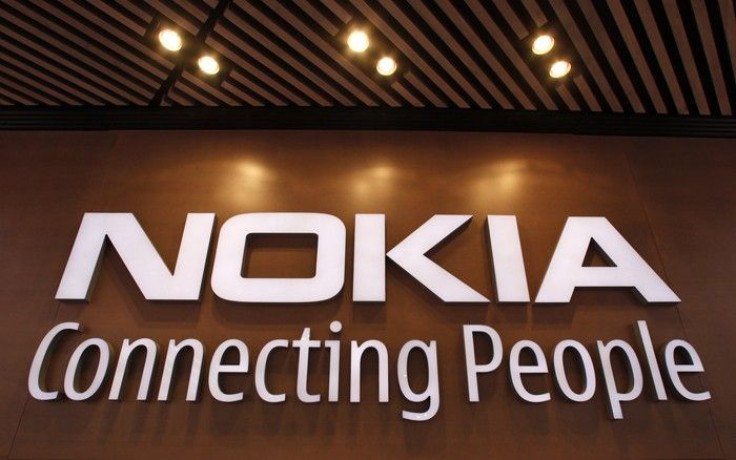Nokia May Never Get Out Of Slump

Nokia hasn't hit rock bottom yet, but it's starting to feel like that it is close.
Due to a change to its devices and services net sales for the upcoming quarter, Nokia announced it can no longer appropriately provide annual revenue targets for 2011. The company said in the interim it will provide short-term revenue targets and eventually a yearly target when circumstances allow it to do so.
Nokia did not give an exact number, but said it expects its devices and services net sales to be substantially lower than the initial projection of EUR 6.1 billion to EUR 6.6 billion for the second quarter 2011. This, the company said, is due to lower than expected average selling prices and mobile device volumes.
The Espoo based company also expected device and services' operating margin to be below its previously expected range, which was six to nine percent for the second quarter 2011.
The company said it is taking immediate actions to address the issues in its device and services business, including continuing investments into Symbian, cutting prices on smartphones and shipping out dual-SIM card devices. In addition, the company said it was pleased with its progress on Windows Phone and maintains the first Nokia based Windows Phone product will come out later this year.
Strategy transitions are difficult. We recognize the need to deliver great mobile products, and therefore we must accelerate the pace of our transition. Our teams are aligned, and we have increased confidence that we will ship our first Nokia product with Windows Phone in the fourth quarter 2011, Stephen Elop, president and CEO of Nokia, said in a statement.
However, despite the optimism from Nokia's brass, analysts are not convinced the company will fall out of its rut anytime soon. In a note to investors, Gleacher & Company's Stephen Patel doesn't see a turnaround.
We would continue to avoid the stock as Symbian smartphone sales are falling off faster than expected and we are skeptical that new Windows Phone (WP) models will be able to replace lost profits, Patel said.
ABI Research vice president and practice director Kevin Burden said this announcement indicates Nokia's problems are even worse than many have thought.
Nokia's loss of ground in the smartphone market has been well documented, but this performance indicates that it's also now struggling in the low-end, low-cost market where the company had been particularly strong, Burdens said in a note. This news indicates that pressure is intensifying at both ends of the market, and Nokia can no longer count on any of its product lines to be a bridge from its industry-leading past to what it hopes would be a competitive future.
Follow Gabriel Perna on Twitter at @GabrielSPerna
© Copyright IBTimes 2024. All rights reserved.











